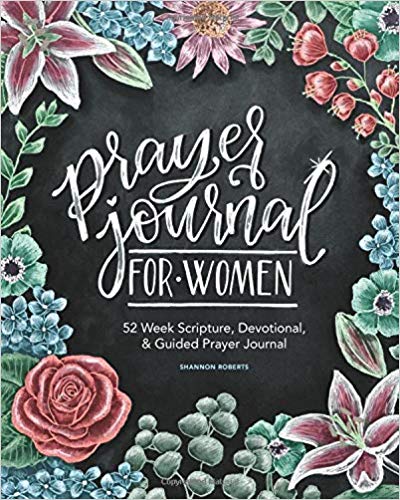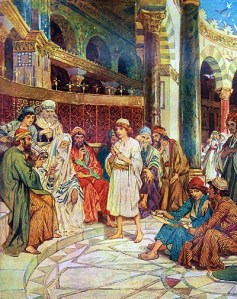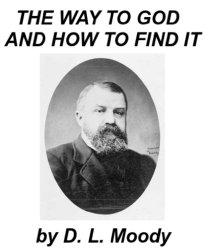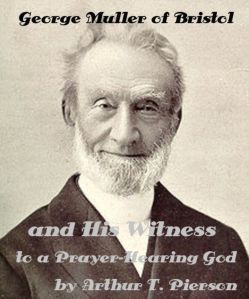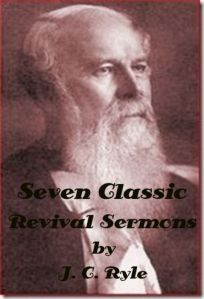Thanks to Pamela for permission to share this teaching!

Taming the Wild Horse
By Pamela Mcdonald
Sep 8, 2018 at 7:32 PM
Today while lying here thinking about taking a nap I couldn’t clear my mind. I kept thinking about the work of the Holy Spirit and the LORD Jesus. As I had just drifted off to sleep I was interrupted a few times by Kathryn coming in my room, asking questions or looking for things. I kept my cool and even hushed any thought of aggravation that tried to enter my mind. Then closing my eyes the YouTube music of Christian Saxophone instrumentals would freeze, then the phone rang. It was a mirage of interruptions and I was still trying to keep my composure and just relax.
I laid back down and something I had said Tuesday to someone came in my mind.
“The LORD looks at me like a wild horse that needs tamed.”
Then in my spirit, I heard, “study what it is like to tame a wild horse compared to your walk with Christ.”
Now mind you I am still wanting to nap, so I thought, I will look that up when I wake up. Immediately the study I did yesterday for someone, came flooding in my mind about grieving and quenching the Holy Spirit. I quickly sat up and began to search out taming wild horses. What I have discovered is amazing and a huge eye opener when I look at myself and my walk with Christ.
A wild horse is “meeked” when tamed, and I do not believe that is worded by accident. Being meek is one of the fruits of the Holy Spirit, and to get a better understanding of what that word means go to the Strong’s Concordance not the Webster Dictionary.
Strong’s Concordance
praus: mild, gentle
Original Word: πραΰς, πραεῖα, πραΰ
Part of Speech: Adjective
Transliteration: praus
Phonetic Spelling: (prah-ooce’)
Short Definition: mild, gentle
Definition: mild, gentle.
HELPS Word-studies
Cognate: 4239 praýs (also listed as 4239a/praupathia in NASdictionary) – meek. See 4236 (praótēs).
This difficult-to-translate root (pra-) means more than “meek.”Biblical meekness is not weakness but rather refers to exercising God’s strength under His control – i.e. demonstrating power without undue harshness.
[The English term “meek” often lacks this blend – i.e. of gentleness(reserve) and strength.]
This same Greek word “praus” is used when taming a wild animal.
“In the New Testament language of Koine Greek the word for humble was ‘praus’. Borrowed from the military, praus related to horse training. The Grecian army would find the wildest horses in the mountains and bring them to be broken in. After months of training, they sorted themselves into categories: some were discarded, some broken and made useful for burden bearing, some were useful for ordinary duty and the fewest of all graduated as war horses. When a horse passed the conditioning required for a war horse, its state was described as ‘praus’. The war horse had ‘power under authority’ or ‘strength under control’. A war horse never ceased to be determined, strong and passionate. However, it learned to bring its nature under discipline. It gave up being wild, unruly, out of control and rebellious. A war horse learned to bring that nature under control. It would now respond to the slightest touch of the rider, stand in the face of canon fire, thunder into battle and stop at a whisper.” Robert I Holmes of Storm-Harvest Ministries
A wild horse never loses its passion it is born with, nor does it lose its strength, but instead learns how to control itself under the authority of its trainer. The horse must learn to trust the trainer.
When a trainer begins training a wild horse, they must show themselves to be trustworthy. A trainer will get the attention of the horse to look his way, when he is sure it is looking at him he will be as calm as possible to show the horse he is not a threat. He will also extend his arm out gently and slowly, so the horse can get used to his scent. When the horse looks away he will scare it making it run away keeping his distance. The trainer will do this several times teaching the horse when it looks at the trainer there is calm when it looks away it gets scared. This causes the horse to trust the trainer and eventually allowing the trainer to approach the horse.
A horse must always feel safe with the trainer. When the trust is established the horse will do whatever the trainer asks of it, because there has been established a level of trust. The horse will be transformed from a wild horse doing as it desires, and become a tamed horse doing what the trainer desires. The horse does not become weak in this process but becomes meeked which is not weakness. The horse now has its power under authority, and its strength under control. A trainer that is consistent and faithful will have the ultimate companion and a bond will be very strong between them.
A horse was created to run, and boy do wild horses enjoy running in open fields and meadows. Even the trained horses enjoy the freedom of running, because that is how God created them. Therefore, we place bits and bridles on them to help control that urge to take off. If a horse is walking in the woods where there is moss covered rocks, tree branches, and big logs, the rider needs to use the reigns to keep the horse from running and possibly slipping and injuring themselves. A horse that is injured would be hard to get out of the depths of the woods and would probably end in destruction to the animal. When the opening of the woods appears, and the open field is in view the horse will take off at full run to enjoy running freely.
When we come to the LORD and are born again we are a new creation in Christ, yet there are things that remain in us that need to be tamed. It does not mean we are not truly born again, it means we need to be reigned in like a wild horse and be tamed, learning not to lean on our own self anymore but to lean on Him.
I am a very passionate person when it comes to the LORD and His Word. At times I sadly allow my passions and zeal to run away from me, and get argumentative, harsh, all the while trying to tell people that Jesus is love and is forgiving! Well, that doesn’t get received very well with an unbridled passion.
I am like a wild horse taking off at full speed and the LORD is using the Holy Spirit to tame me. I can only be of limited use to the LORD in my wild and untamed stage in my life right now, and the LORD is showing me it is time to “let go and let God.” While breaking me during this time of taming, I must let go of my own ways, self-will, being headstrong, selfish and unpredictable. By doing so I will embrace His Will, obedience, allow the Holy Spirit to bridle my tongue and be fit for the Master’s use. My walk in Him will be strengthened and faith will increase as I submit myself to Him. I have been that horse taking off in full speed in the woods and have stumbled and injured myself. But thankfully the LORD did not let destruction overtake me and helped me up leading me to an open field to run for a while.
My passion will not fade during this time but will be harnessed in a Godly manner instead. By allowing the Holy Spirit to be my guide, where He tells me to go I will go, when He tells me to stand still I will stand still.
It sometimes varies the amount of time this will take considering we are all different. Some people are fully trusting and embrace this quickly, while some like myself have been hurt often and been betrayed, so it has taken a bit longer. Even though I am not relying and trusting on another person but on God Himself, believe it or not it is hard to simply let go of my will and follow His Will which is perfect.
But He has been showing me in prayer, through His Word and other Believers He alone can be trusted and He is faithful.






